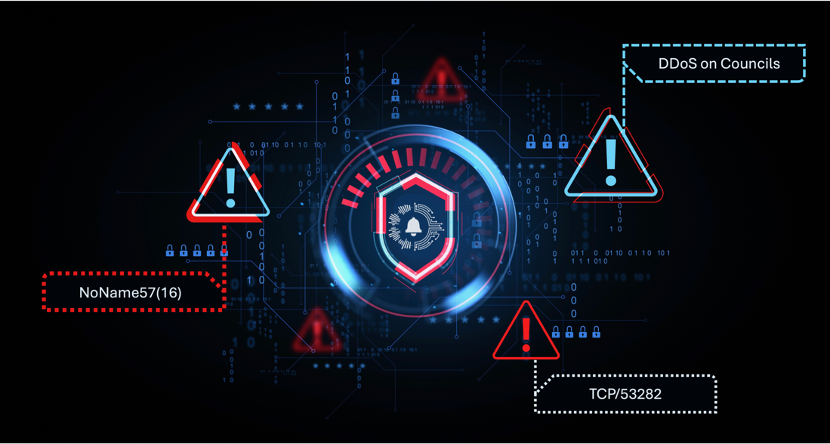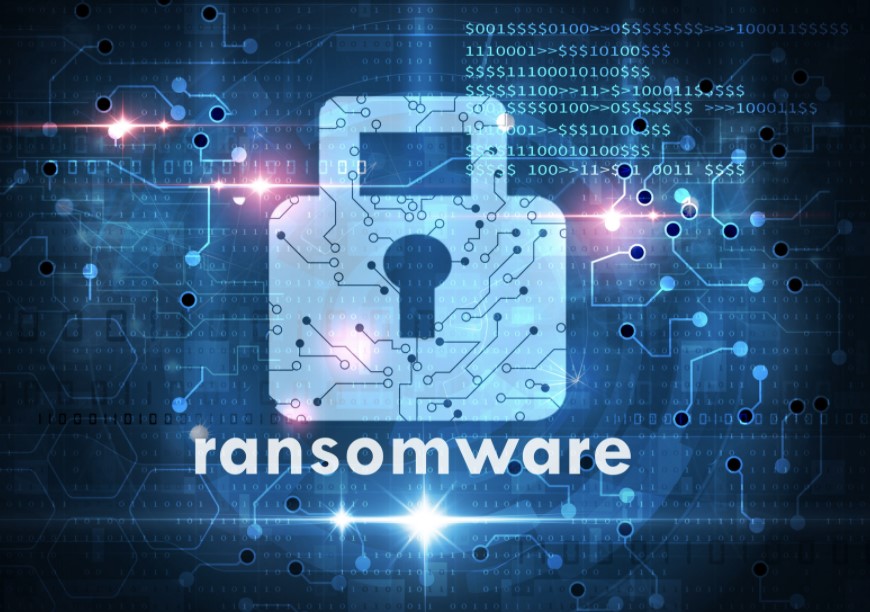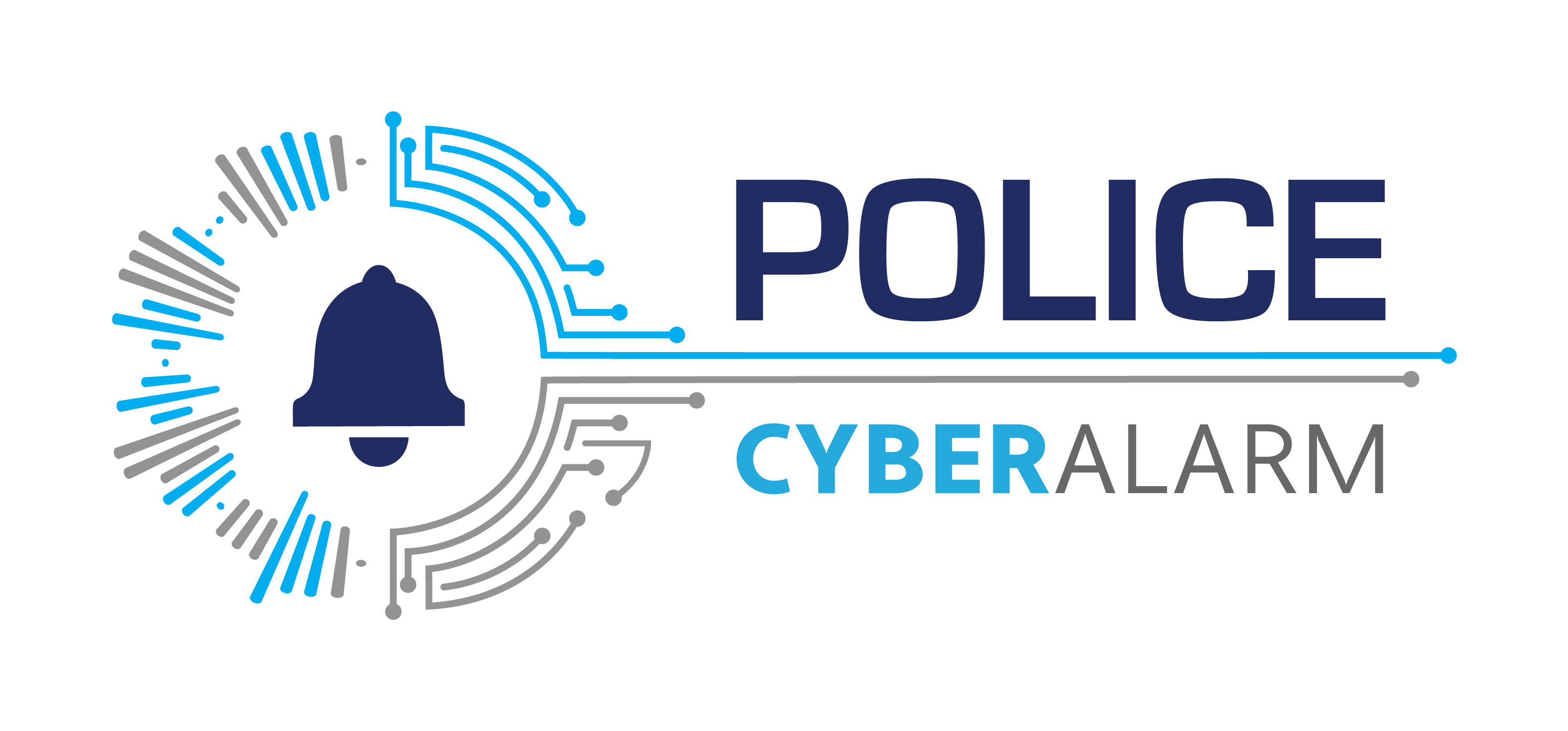
Get the Alerts, Not the Aftermath: Why Contributing Members Stay One Step Ahead
Police CyberAlarm (PCA) is an award-winning tool helping UK organisations detect and defend against malicious cyber activity. To fully benefit from its capabilities, it’s essential to be a contributing member, which requires you to have a PCA data collector actively installed and feeding in data.
Contributing members are part of a proactive, intelligence-driven network. By installing a PCA collector, these organisations receive:
- Timely insight into active cyber threats targeting their digital infrastructure
- Monthly vulnerability scans to identify and remediate weaknesses.
- Detailed reports on cyber threats that may otherwise go undetected.
In late 2024, the pro-Russian hacking group NoName057(16) launched coordinated cyber attacks against UK councils, reflecting wider geopolitical tensions. Police CyberAlarm detected these activities in their early stages and provided contributing members with crucial intelligence, allowing them to take action before the threats escalated. This proactive detection demonstrated PCA’s strength in delivering timely intelligence and support, well before most were even aware of the risk.
Other associated articles:
Russia ready to wage cyber war on UK, minister to say
Nobody safe from cyber attacks, says council boss
Pro-Russian hacking group targets council websites with DDoS attack
In another demonstration of PCA’s critical value, contributing members were recently alerted to a global cyber threat involving compromised ASUS routers. A stealthy backdoor campaign which was identified by GreyNoise Intelligence and was found to be exploiting these devices worldwide. The Police CyberAlarm team cross-referenced indicators of compromise (IOCs) from GreyNoise with live data from Data Collectors, allowing them to identify and notify affected organisations in real time. Contributing members received actionable alerts, including recommended mitigation steps to protect against this advanced threat.
GreyNoise Discovers Stealthy Backdoor Campaign Affecting Thousands of ASUS Routers
The cyber threat landscape continues to evolve rapidly and shows no signs of slowing down. Police CyberAlarm provides UK organisations with the ability to stay ahead of these threats, but only if you take the step to become a contributing member. If your organisation does not have a PCA collector installed, you did not receive these alerts, no threat intelligence and no mitigation steps.
If you're ready to enhance your organisation’s ability to respond to cyber threats and want to receive alerts to help better protect your organisation: Install a Police CyberAlarm collector today or if you need help getting started, contact our support team at support@cyberalarm.police.uk

The curious case of the first reported Ransomware
The story of the first ever recorded case of ransomware
Read More

11 Ways To Protect Against The Rise Of Ransomware
What is ransomware and how to defend against it
Read More
How vulnerable is your organisation when it comes to your cyber defences?
Police CyberAlarm increases its expertise with newest member to the team
Read More
Police CyberAlarm increases its expertise with newest member to the team
Police CyberAlarm increases its expertise with newest member to the team
Read More
Cyber Security - Not just a technology issue
Read More

Cyber Security vs Cyber Resilience - What's the difference?
Cyber Security vs Cyber Resilience - What's the difference?
Read More

Cyber Trends for 2024
Ian Hickling, national coordinator for Police CyberAlarm, talks us through his predictions for cyber trends this year.
Read More
Police CyberAlarm Monitoring Tool Goes Live with Major Upgrade
Following the successful national launch of Police CyberAlarm in 2020, the National Cybercrime Programme has today (12/7) gone live with an enhanced version of the police-led system, bringing additional functionality to help businesses and organisations better understand the cyber threats they face.
Read More
Police CyberAlarm wins award at the first-ever COSPA
Police CyberAlarm, an initiative which is led by the National Police Chiefs Council (NPCC)’s National Cyber Crime Programme has won at the Cyber Outstanding Security Performance Awards (OSPAs)
Read More
‘Cyber CCTV’ on offer to all businesses in the West Midlands
Every business in the West Midlands can now access a free digital tool designed to help understand and monitor incoming threats from hackers.
Read More
‘Cyber CCTV’ on offer to all businesses in the South East
Every business in the South East can now access a free digital tool designed to help understand and monitor incoming threats from hackers.
Read More